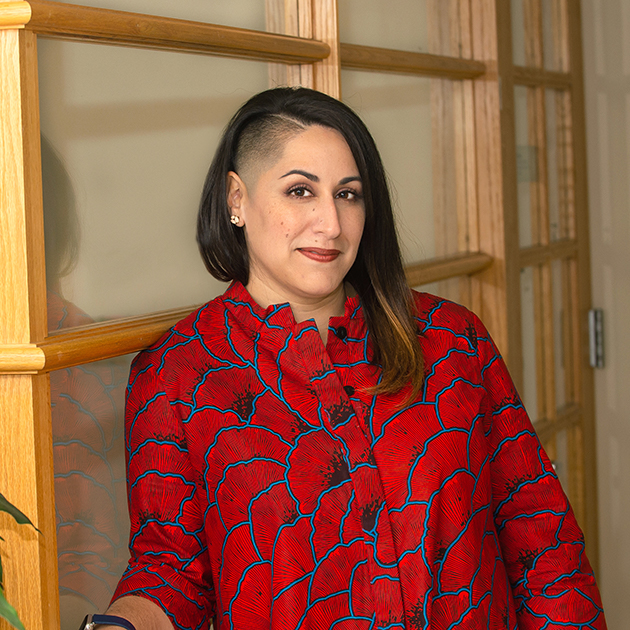
Wellbeing Connections with Dr. Chugani - May 12
May 12, 2021 Written by Dr. Carla Chugani
 Wellbeing Connections with Dr. Carla is a weekly blog post written by Dr. Carla Chugani, an Assistant Professor of Pediatrics at the University of Pittsburgh. At the beginning of the pandemic, Dr. Chugani (a therapist and mental health researcher with expertise in collegiate mental health) was asked to begin preparing weekly wellness emails for her division. These messages have since spread across her university and she is delighted to share them with the University of Delaware community. Her weekly messages are a mix of skills from evidence-based practices such as cognitive behavior therapy and dialectical behavior therapy, mindfulness practices, practical tips for solving everyday problems (e.g., email overload and zoom fatigue), and reactions to major world events. Overall, the goal of these messages is to provide weekly reminders to create space for wellbeing, self-care, and reflection.
Wellbeing Connections with Dr. Carla is a weekly blog post written by Dr. Carla Chugani, an Assistant Professor of Pediatrics at the University of Pittsburgh. At the beginning of the pandemic, Dr. Chugani (a therapist and mental health researcher with expertise in collegiate mental health) was asked to begin preparing weekly wellness emails for her division. These messages have since spread across her university and she is delighted to share them with the University of Delaware community. Her weekly messages are a mix of skills from evidence-based practices such as cognitive behavior therapy and dialectical behavior therapy, mindfulness practices, practical tips for solving everyday problems (e.g., email overload and zoom fatigue), and reactions to major world events. Overall, the goal of these messages is to provide weekly reminders to create space for wellbeing, self-care, and reflection.
Hi Everyone,
A while back, I received a request to write about how to stop trying to control those situations which are beyond our control. I probably avoided addressing this topic until now because this is something I really struggle with. I tend to create a sense of control for myself by trying to always do everything perfectly – because if I do everything “right” then nothing bad can ever happen to me! As you may have already guessed, this strategy doesn’t really work. Although it is designed to help keep me calm, it actually has the opposite effect because I end up worrying a lot about small mistakes, past mistakes, or the possibility of making mistakes. It’s not cute. So how do we let go of our urges and desires to be in control? For me, it’s mostly about surrendering to the reality that things are just as they are in the moment and no matter how much I wish to steer all outcomes toward my interests, I cannot.
In terms of what this actually looks like, there are a few things to try. First, pay attention to how control shows up in the way you describe situations, both in your head and in talking to others. Are you focused on how unfair, stupid, or intolerable the situation is, or are you focused on how it makes you feel and how you might deal with it going forward? Second, practice willingness to let go of being in control. Acknowledge that you cannot be in control of all things and make an inner commitment to let go of attempts to control reality. Third, practice sitting with reality just as it is in the present moment, without trying to change anything. This is the essence of mindfulness practice and you can use apps like Headspace or other free guided mindfulness practices online to guide you in learning to sit in the present. Finally, remind yourself that the present moment is the only moment in which you do have some control. You can’t rewind the past, nor can you control what manifests in the future – and even though you may not always have the choices you want, you may have more choices than you realize in the present. For example, you can choose how you react, what lessons to learn, to help those affected by what has happened, or to fight what has happened and advocate for change. Sometimes people feel like accepting reality is a form of giving up, giving in, or being passive, however, it often takes a lot of strength and wisdom to accept what is outside of our control.
Best,
Carla
